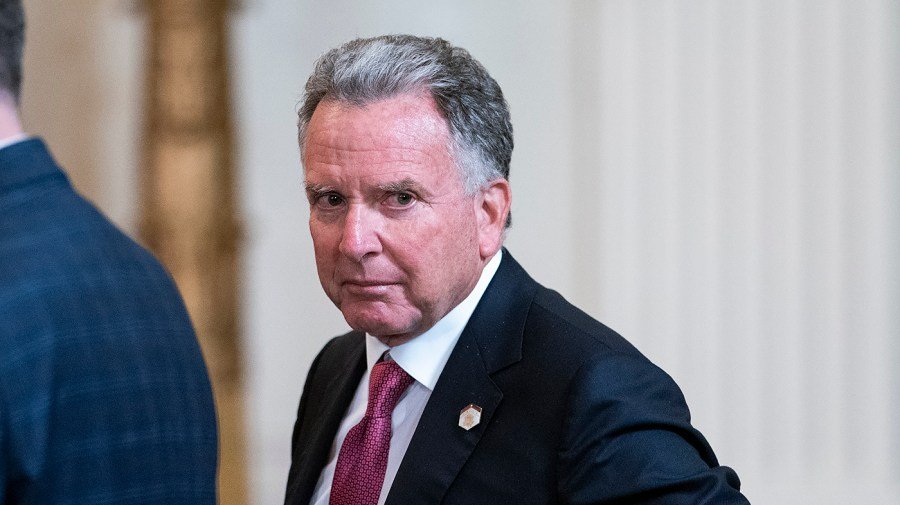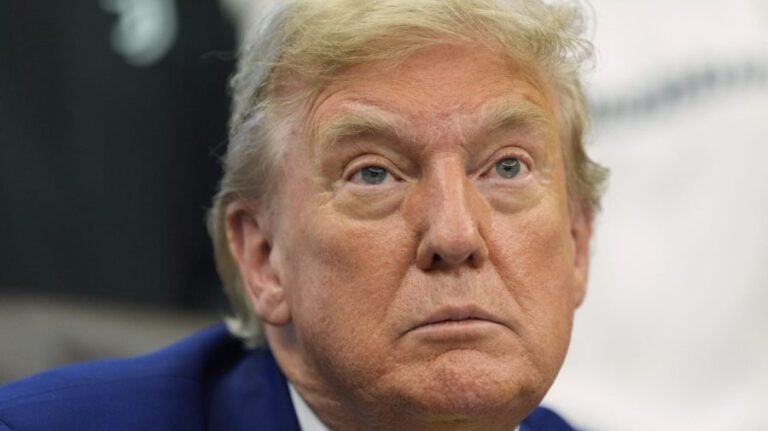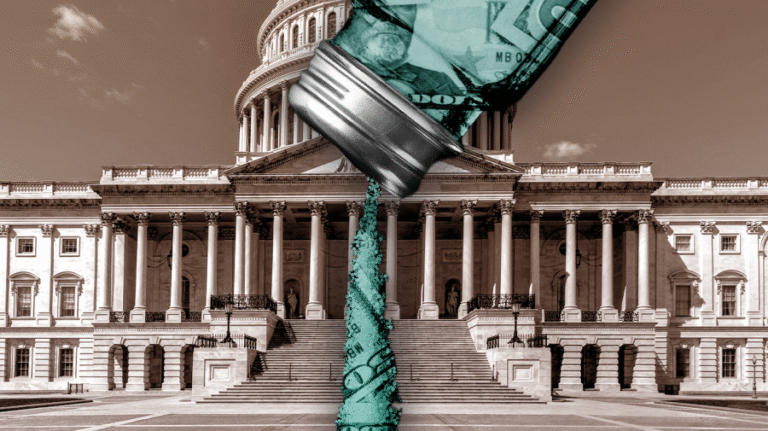
The BBC’s recent report on U.S. ceasefire negotiator Steve Witkoff presents a troubling window into the erosion of epistemic and ethical standards in both diplomacy and media.
In an interview with Tucker Carlson, Witkoff openly praised Russian strongman Vladimir Putin, denied Ukraine’s legitimacy, and repeated a series of Kremlin talking points — many of which are factually inaccurate, ideologically loaded or morally indefensible. He did so while displaying a striking ignorance of the war’s basic geography, unable to name the five occupied Ukrainian regions central to the negotiations he is reportedly leading.
The BBC’s report, to its credit, acknowledges that many of Witkoff’s claims are either false or disputed. It offers corrections and context regarding the so-called referendums in occupied Ukraine, the status of Russian-speaking regions, and Russian claims about the origins of the war. This effort at contextual journalism is necessary, but it remains insufficient given the scale and gravity of the ideological contamination at play.
The core problem is not just the content of Witkoff’s statements. It is the fact that someone holding such views — views that echo and legitimize Russian war aims — is given both a diplomatic portfolio and an uncritical platform. When Witkoff declares that Ukraine is a “false country” and characterizes European support for Ukrainian sovereignty as “simplistic,” he is not offering a controversial opinion. He is advancing the ideological rationale for a war of aggression that has already resulted in tens of thousands of deaths and the attempted erasure of a nation.
This is where the ethics of gatekeeping come into play.
Journalism and diplomacy are not passive fields. They are structured by norms, by boundaries and by responsibilities. Journalists are not stenographers. They are gatekeepers of the public square, tasked with distinguishing truth from falsehood and framing claims in proportion to their evidentiary and moral weight. Likewise, diplomacy — especially when it involves war and peace — demands a baseline commitment to the sovereignty and legitimacy of all parties involved. A negotiator who does not accept the existence of Ukraine is not merely biased; he is unqualified.
Witkoff’s statements should have triggered immediate disqualification from any serious role in ceasefire negotiations. His remarks are not simply ideologically suspect — they violate the foundational principles of international law. His ignorance of the occupied regions is not a gaffe — it is a measure of his unseriousness. His admiration for Putin is not diplomacy — it is appeasement.
The deeper danger lies in normalization. When a figure like Witkoff is treated as a legitimate interlocutor, the terms of the discourse begin to shift. The very idea of Ukraine’s sovereignty becomes debatable. The occupation of its territory becomes a fait accompli. War crimes are reframed as regional disputes.
This is how disinformation functions. Not always through outright lies, but through the slow erosion of boundaries — between fact and fiction, between aggressor and victim, between journalism and propaganda.
The BBC’s news report illustrates how fragile those boundaries can become. By quoting Witkoff’s remarks at length and only selectively contextualizing them, it risks treating deeply dangerous ideas as one side of a legitimate debate. It inadvertently turns a genocidal narrative into a quotable perspective.
Ukraine is not a false country. It is a sovereign nation resisting invasion, defending its people and asserting its right to exist. That is the starting point of any real conversation. Any narrative that denies this is not a contribution to peace; it is a continuation of war by other means.
Oleh S. Ilnytzkyj is a professor emeritus at the University of Alberta. He was editor of “Canadian Slavonic Papers” and “East/West: Journal of Ukrainian Studies.” His latest book is “Nikolai Gogol: Ukrainian Writer in the Empire: A Study in Identity.”


